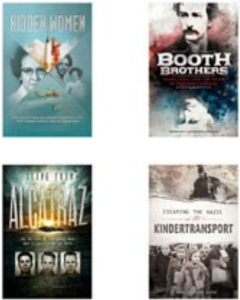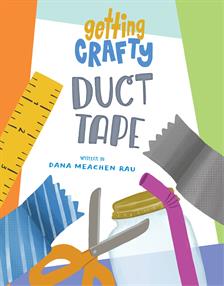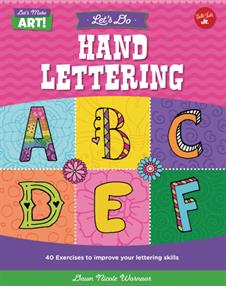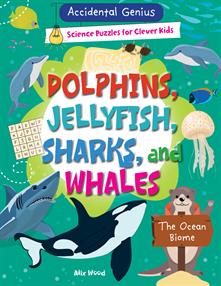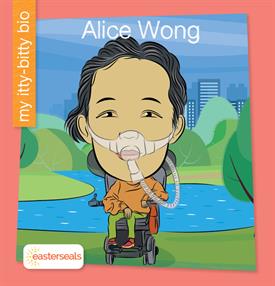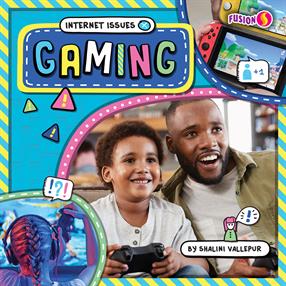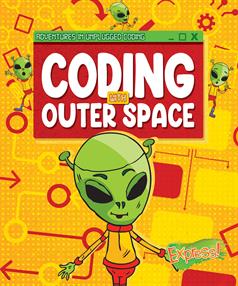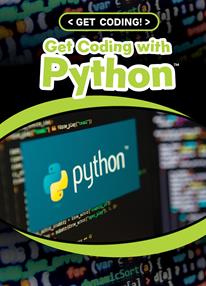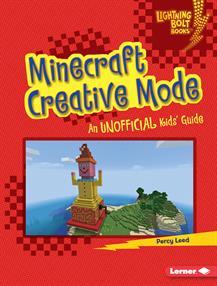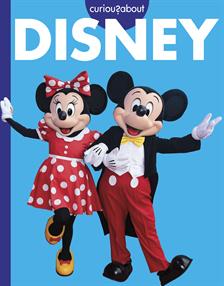Enhancing Emergent Literacy Skills: The Power of Paired Print & eBooks in
Early and Primary Education
Kathleen Donchak, PhD
GB Classroom Solutions
Introduction: eBooks as Transformative Tools for Literacy
In early childhood and primary education classrooms, emergent literacy skills are foundational to
a child’s reading and writing success. eBooks emerge as transformative tools, offering diverse
benefits to enhance literacy among young learners. Recognizing parents’ pivotal role in
reinforcing literacy outside the classroom, this article also focuses on ways to support them in
understanding how eBooks can be a valuable complement to traditional print books. Through
exploring recent eBook research, we emphasize the unique role of digital reading in literacy
development and provide actionable insights for educators, librarians, and parents alike. We
delve into strategies for addressing common concerns about screen time and digital content, and
highlight the advantages of incorporating eBooks into daily reading routines. By offering
guidance on selecting quality eBooks, suggesting effective ways to engage with digital texts, and
outlining methods to balance screen-based reading with print books, we aim to equip parents
with the knowledge and tools to confidently incorporate eBooks into their children’s literacy
development. This holistic approach seeks to create a collaborative literacy support network,
uniting educators, librarians, and parents in the shared goal of fostering proficient, enthusiastic
young readers.
Research Highlights: The Impact of eBooks on Literacy Development
A pivotal 2021 study conducted by López-Escribano, Valverde-Montesino, and García-Ortega
analyzed the outcomes of 14 randomized controlled trials to evaluate the influence of eBooks on
emergent literacy skills. This comprehensive review compared the efficacy of eBook
interventions against traditional print reading practices and non-enhanced digital formats. The
study’s findings were illuminating: eBooks were shown to significantly enhance phonological
awareness and vocabulary among young readers. More notably, eBooks were found to be equally
effective, if not superior, in fostering literacy skills when compared to traditional books, and they
outpaced the literacy development achieved through standard school programming.
The study further highlighted the distinct advantages of enhanced eBooks, which incorporate
interactive and multimedia features. These digital books not only captivate children’s interest but
also deepen their engagement with the material, facilitating a richer learning experience. The
evidence from this research advocates for the strategic inclusion of eBooks in literacy programs,
positioned as complementary resources alongside print books. This approach leverages the
unique benefits of digital reading—particularly the interactive elements that engage young
learners—reinforcing the indispensable role of eBooks in modern literacy education.
Deep Dive: Enhancing Literacy with eBooks
Interactive eBooks represent a dynamic intersection of learning and entertainment, making them
a critical asset in developing emergent literacy skills for young learners. Through the
incorporation of animations, interactive elements, games, and audio support, these digital books
significantly boost print awareness, phonological awareness, vocabulary, and narrative skills. By
offering diverse and inclusive content through interactive storytelling, eBooks facilitate literacy
experiences that are not only engaging but also accessible to a wide range of learners. For
educators, librarians, and parents, understanding how to effectively integrate these tools into
children’s reading routines is essential for creating a rich, multifaceted literacy environment.
Expanding Evidence: The Effectiveness of eBook Interventions
The value of eBooks in literacy development is further supported by extensive research and
meta-analyses. Studies drawing comparisons between digital and print reading experiences
highlight the positive effects of eBooks on vocabulary acquisition, story comprehension, and the
long-term retention of literacy skills. Such findings underscore eBooks as indispensable tools in
the literacy toolkit for young readers. As educators and librarians, recognizing the potential of
digital reading interventions means embracing eBooks as a means to complement traditional
print resources, thereby enhancing the overall literacy learning journey.
Integrating eBooks with Print: Strategies for Balance
Achieving a harmonious balance between eBooks and print books is crucial for enriching
literacy instruction. Key strategies include the selection of complementary or paired eBooks and
print books, which not only provide varied reading experiences but also cater to multimodal
learning preferences. Opting for titles available in both formats can offer continuous learning
opportunities and address the current challenges of teacher shortages and the decreased
availability of reading specialists in educational settings. For educators, librarians, and parents,
these approaches facilitate a comprehensive literacy framework that leverages the unique
benefits of each format, ensuring a diverse and robust support system for developing emergent
literacy skills.
Parental Concerns and Its Impact of Digital Reading on Emergent Literacy Skills
Addressing parental concerns about screen time and the impact of digital reading on emergent
literacy skills requires a nuanced understanding of the complementary roles of eBooks and print
books in fostering language-rich interactions between parents and children. eBooks offer unique
advantages by engaging young readers with interactive features that promote literacy skills such
as phonological awareness and vocabulary development. These digital tools allow children to
explore and learn independently, offering a form of scaffolding comparable to adult support,
which is particularly beneficial during times when adult guidance is limited, as seen during the
recent pandemic. This independence can help mitigate the challenges of reduced adult
availability for story reading, ensuring that literacy development continues unabated.
Conversely, the tactile and interactive nature of print books fosters a different kind of
engagement. Anecdotal evidence from parents suggests that children tend to prefer, enjoy, and
engage more deeply with traditional books, leading to richer conversations about the story. The
potential for distraction with eBooks’ interactive elements—such as tapping hotspots for sounds
and animations—can sometimes detract from the narrative focus, emphasizing the importance of
guided digital reading experiences.
Recognizing these challenges, the availability of paired print and digital books emerges as a
strategic solution to support emergent literacy skills effectively. By offering both formats, parents
can leverage the strengths of each medium based on the context and their child’s needs. While
eBooks can provide valuable independent learning opportunities and engage children in
innovative ways, print books remain indispensable for fostering deep, interactive reading
sessions characterized by discussion and storytelling. This dual approach not only accommodates
diverse parental beliefs and preferences regarding screen time but also ensures a balanced and
rich literacy environment for young learners.
Conclusion
Integrating eBooks into literacy programs promises a dynamic, inclusive learning environment
for all children. Let’s harness technology’s power to foster the next generation’s literacy.
Additional Resources
López-Escribano, C.; Valverde-Montesino, S.; García-Ortega, V. The Impact of E-Book Reading
on Young Children’s Emergent Literacy Skills: An Analytical Review. Int. J. Environ. Res.
Public Health 2021, 18, 6510.
Korat, O.; Falk, Y. Ten Years After: Revisiting the Question of E-Book Quality as Early
Language and Literacy Support. J. Early Child. Lit. 2017, 19, 206–223.
Ihmeideh, F. The Effect of Electronic Books on Enhancing Emergent Literacy Skills of
Pre-School Children. Comput. Educ. 2014, 79, 40–48.
Kucirkova, N., & Flewitt, R. (2020). Understanding parents’ conflicting beliefs about children’s
digital book reading. Literacy, 54(2), 101-112. DOI: https://doi.org/10.1177/1468798420930361




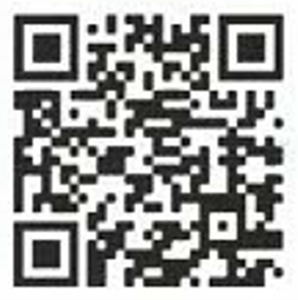






 April 21, 2024
April 21, 2024


